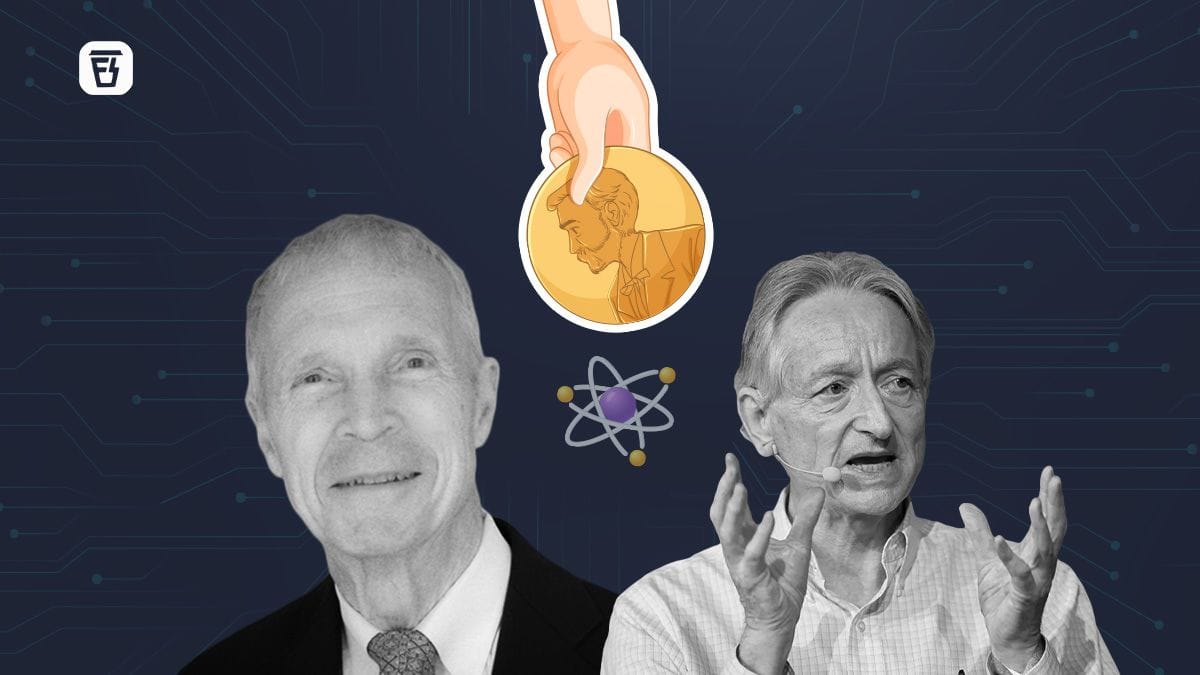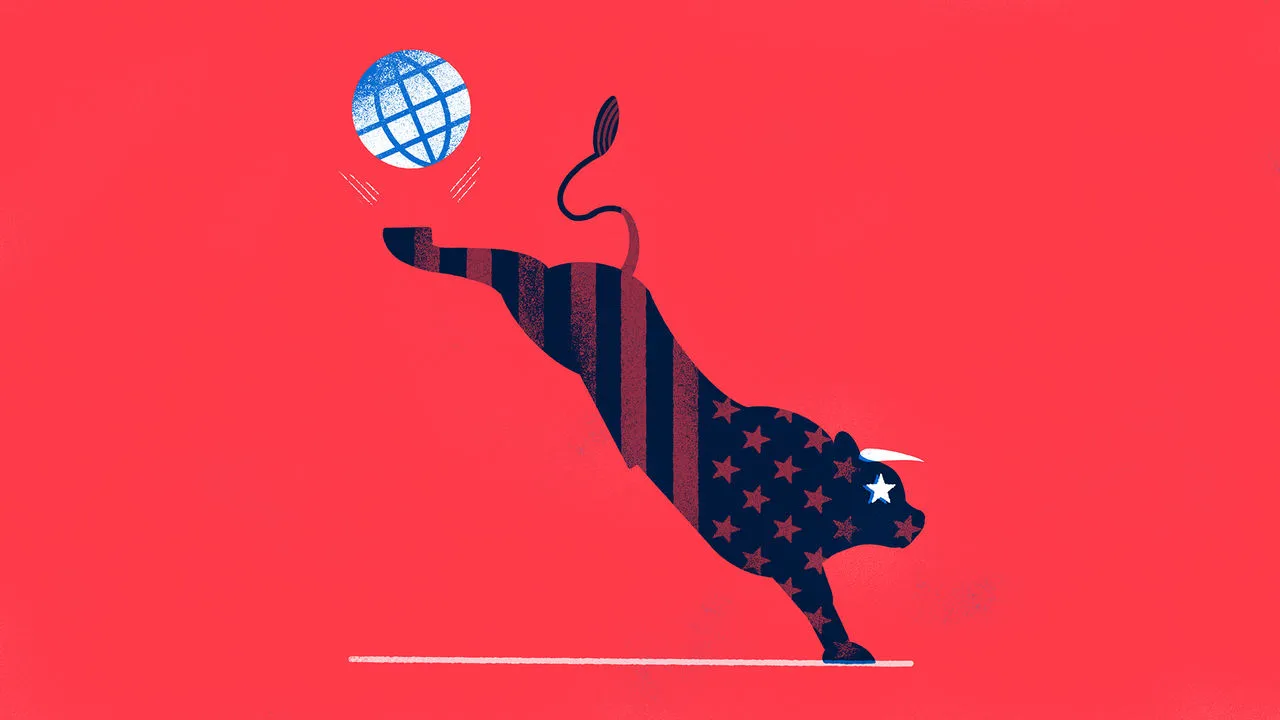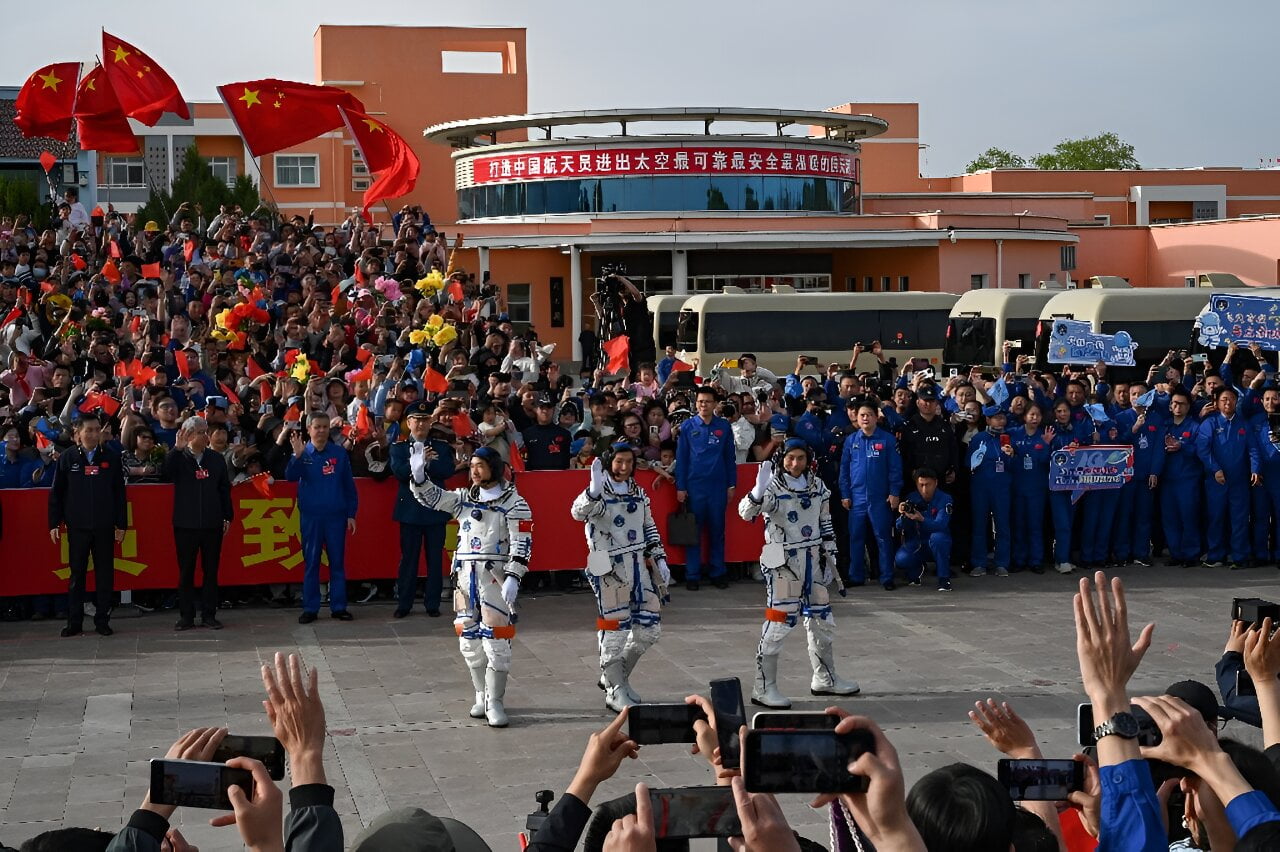Welcome back to the World Brief, the flagship newsletter of The Viyug delivered to you directly from the Editor’s desk, catching you up on 24 hours of news in five minutes. In today’s edition of the newsletter we’re looking at the generative AI helping scientists win Nobel prize followed by stable climate change control getting expensive, Ukrainian drones struck Kazan, Trudeau set to lose power if no-confidence motion set sails and ending with business update of Volkswagen.
Cover Story
It has been a big year for artificial intelligence models. For the first time ever, insights enabled by an AI model were deemed sufficiently significant to earn its developers one of the highest accolades in science: the Nobel prize in chemistry. The award jointly honoured the use of AI for protein-structure prediction and protein design. Innovations that underpin machine learning, meanwhile, were awarded the physics prize. Geoffrey Hinton, one of the winners, mused that by assisting mental labour, generative AI might have as big an effect on society as the industrial revolution did by assisting physical labour.
Featured Image Credit – Finshots
About the Author
Anirudh Phadke is the Founder/Editor of The Viyug. He is currently serving as a Member of the Board of Studies (BoS) for the Department of Defence & Strategic Studies at the Guru Nanak College (Autonomous). He previously worked for International Criminal Police Organization (INTERPOL). Anirudh holds a Master of Science in Strategic Studies along with a Certificate in Terrorism Studies from S. Rajaratnam School of International Studies (RSIS) at Nanyang Technological University (NTU). He completed Bachelor’s degree in Defence & Strategic Studies from Guru Nanak College (Autonomous).



